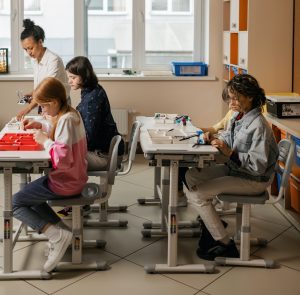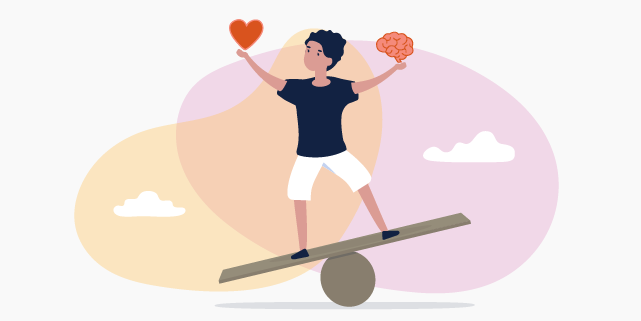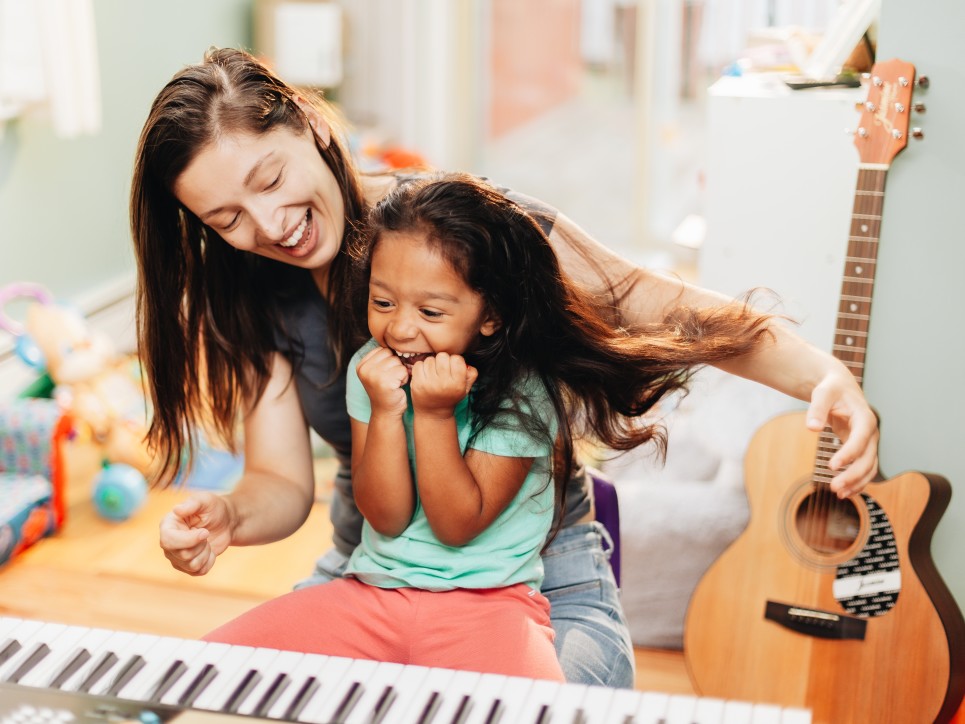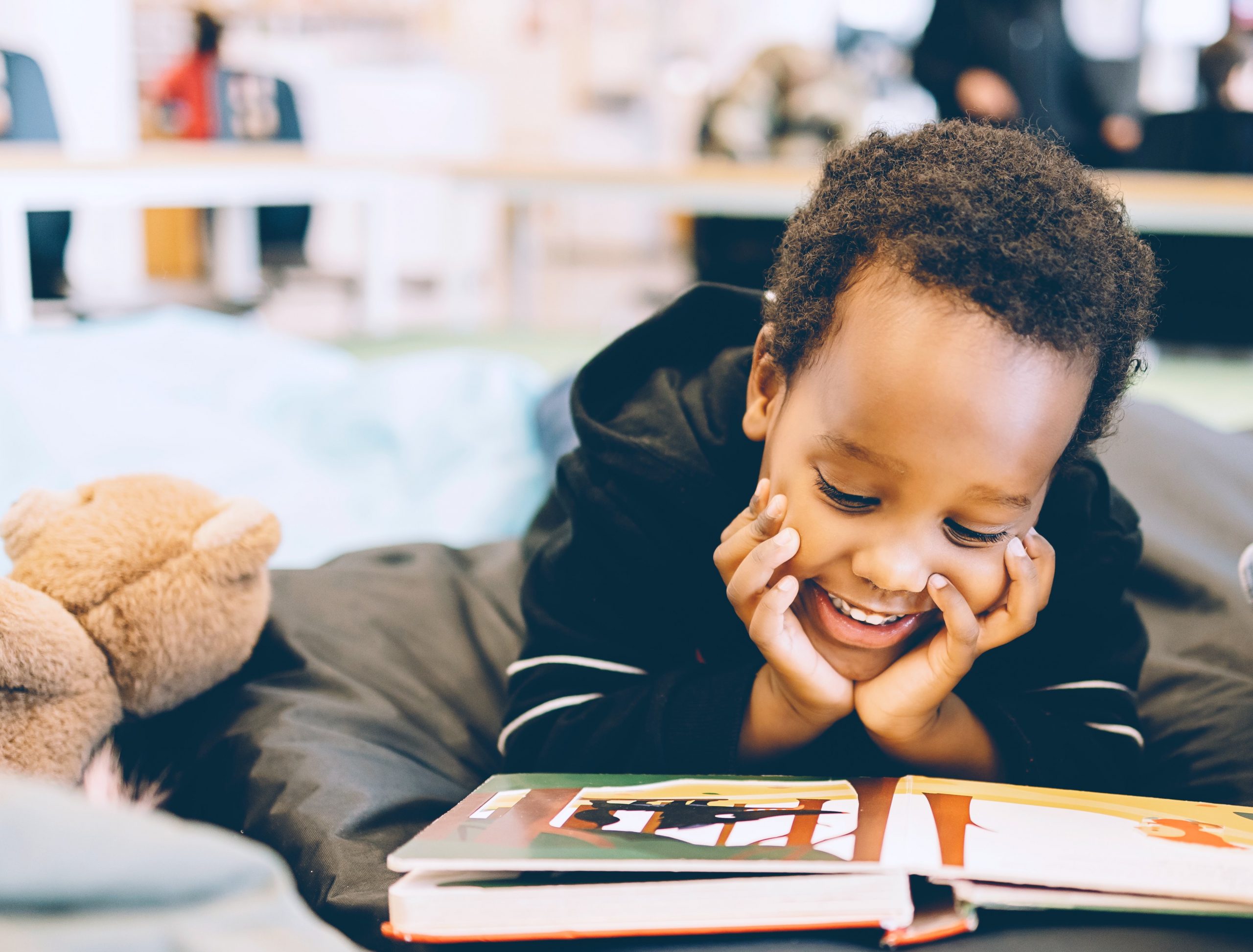Enhancing Social-Emotional Learning with Self-Regulation for Learning
 We all want our students to be successful. Some students come to school with greater degrees of Self Regulation for Learning, while others need more modeling and supports along the way. All students can value from keeping the ABCs (affect, behavior, cognition) in mind while learning.
We all want our students to be successful. Some students come to school with greater degrees of Self Regulation for Learning, while others need more modeling and supports along the way. All students can value from keeping the ABCs (affect, behavior, cognition) in mind while learning.
Educator and author Dr. Richard M. Cash describes how social emotional learning (SEL) can be enhanced by the ABCs of Self Regulation for Learning (SRL):
A=How do I feel when I’m successful?
B=What will I do to be successful?
C=What’s my goal/plan to be successful?
A=Affect: Emotion versus Feelings
People will often use the term “emotions” when they really mean affect. Affect is defined as how we feel, or our conscious awareness of our emotions. Emotions are a chemical reaction within our limbic system (a very primitive part of our brain) triggered by internal and external stimuli. Feelings (affect) are the emotional responses (or reactions). A vast majority of our feelings are controllable. Feelings are personal—no one makes you feel anything—you make you feel. How you manage those feelings can have a substantial effect on productivity.
Strategies to assist students in developing affect awareness:
- Openly discuss with your students how you deal with difficult situations, stress and feeling bad
- Teach kids how to recognize they power they have over their feelings, by teaching them to recognize their feelings and how to keep them positive
- When students are feeling anxious or worried, have them talk to you or someone they trust, so they know they don’t have to deal with the feelings alone
- To alleviate anxiety, have students consider the best- and worst-case outcomes—tell them the outcome will be somewhere in the middle
- Drawing a picture of your feelings can be helpful in figuring out how to deal with them.
B=Behavior: Behavior is Social
Behavior is defined as the actions we perform that are initiated, sustained, changed, or developed based on both internal and external factors. In the learning process, behaviors include:
- Skills and strategies (how to do something to be productive)
- Communication (how to talk to someone to be heard)
- Collaboration (how to work with others to be successful)
- Work habits (how to get something done on your own)
Social interactions, such as getting along, working with others, following directions, listening, and so on, are behavioral. Students can and should learn appropriate social behaviors.
Strategies to assist students in developing social behaviors:
- Be a model for your students in how you work with others, demonstrating for them how you engage and negotiate with adults and students
- Provide students with opportunities to work collaboratively with others who are not like them
- Give students roles when working in groups so all kids can be involved in the work
- Offer students opportunities to engage in diverse cultural activities, such as through theater, film or field trips
- Support students in their positive interactions with others, by providing them with descriptive feedback on what went well and what needs adjustments.
C=Cognition: Cognition for Learning
The dimension of cognition plays a significant role in SRL and SEL. Cognition is the “L” in SEL—without thinking there is no learning. Cognition increases through learning experiences, whether it’s repetition, practice or discovery based.
An act of cognition is “Meta-Cognition” or thinking about our own thinking. Students who demonstrate greater self-regulation utilize meta-cognition to:
- Stay positive when faced with a challenge
- Acknowledge their strengths and limitations
- Set and monitor goals
- Reflect on failures as an opportunity for growth
- Reflect on successes to keep succeeding.
Strategies to assist students in being cognitively aware:
- As the teacher, think out loud, this will demonstrate to your students your line of thinking
- Help kids set reasonable short-term goals—goals for the class period or lesson
- Have students reflect upon how they felt (affect) and what they did (behavior) to achieve/or not achieve their goals—if they didn’t achieve the goal—have them think about what they can do better next time
- Directly teach students critical reasoning and creative thinking strategies—these tools will be helpful in problem solving and decision making
- Praise your students’ efforts over their achievements—effort is the key to success!
Excerpted from “Enhancing Social-Emotional Learning with Self-Regulation for Learning” in Measuring SEL, a CASEL.org blog. Read the full post online.
Source: Measuring SEL | Enhancing Social-Emotional Learning with Self-Regulation for Learning, https://measuringsel.casel.org/enhancing-social-emotional-learning-with-self-regulation-for-learning | © Copyright 2022 CASEL
If you have concerns about your child or teen, CHC Care Coordinators can arrange a free 30-minute consultation so you can explore options with an expert. We invite you to call or email us at 650.688.3625 or careteam@chconline.org to set up an initial Parent Consultation appointment. CHC teletherapy services are available now.





